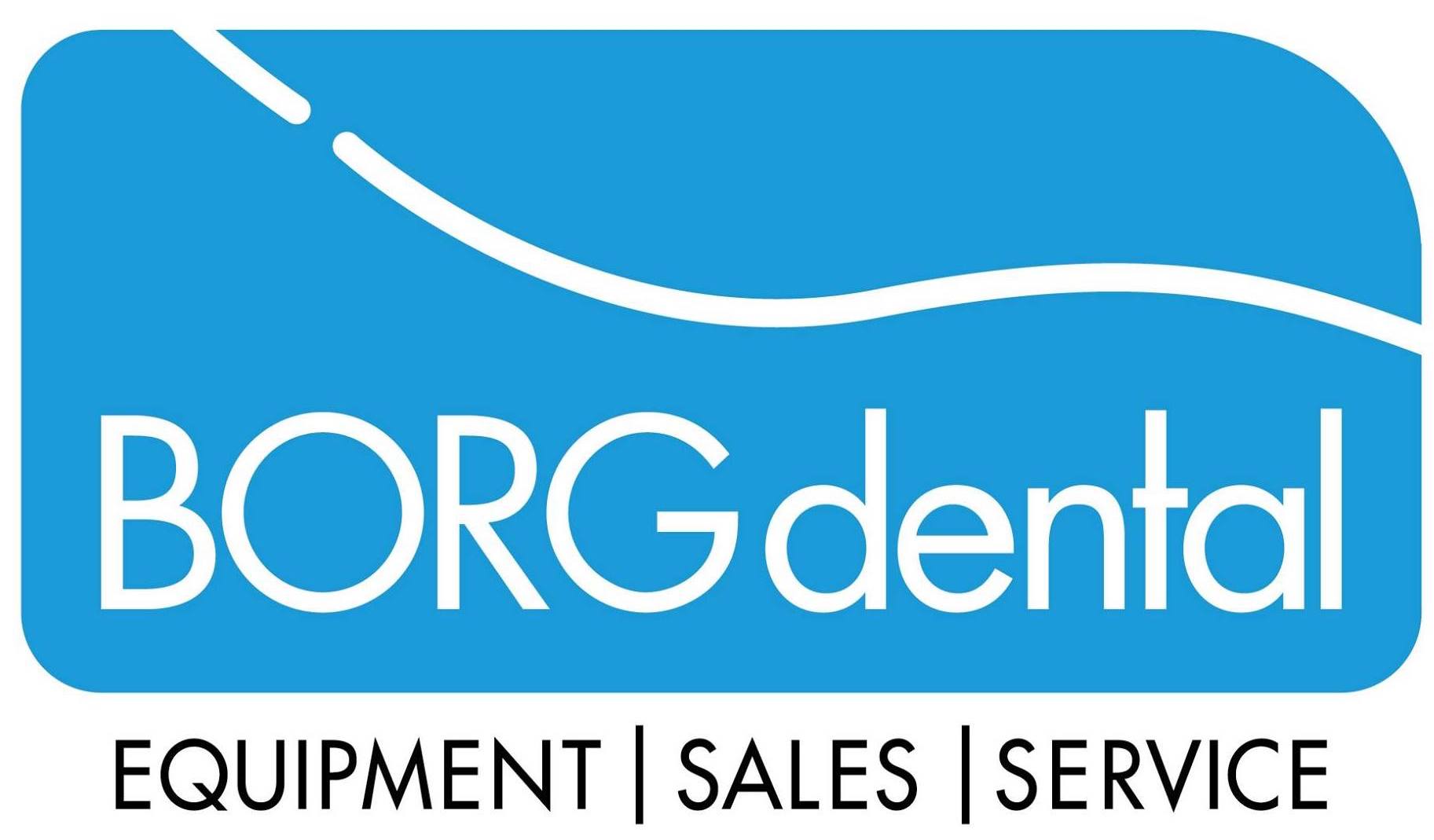The chief executive of Primary Health Care's dental surgeries says the group had a flood of 800 new customers in just eight weeks after
offering the Afterpay 'buy now, payer later'.
Michelle Aquilina said the take-up rate was "phenomenal", given it was a soft launch, and surpassed even the most optimistic internal forecasts. All up more than 1400 patients accessed the Afterpay portal in a two-month period since August, she said.
Ms Aquilina said the result showed there was a latent demand for dental care, fuelled by about one third of people not going to the dentist regularly because of the costs and what they believe is a lack of transparency around the pricing of services, which can lead to bill shock.
"We all know the biggest single barriers to going to the dentist is cost and transparency," Ms Aquilina said.
She said Primary Dental, which has 61 clinics, would accelerate a marketing push in the catchment areas of its dental surgeries, letting people know about its links with Afterpay.
Afterpay has over 2.3 million customers, and 16,500 retail merchants use the service, which is particularly popular with younger consumers. The service allows for an upfront purchase of goods and services, which is repaid in equal instalments.
Parent company Afterpay Touch has also become a sharemarket darling and still trades on a very high price-earnings multiple, even after it was sold off heavily in the ASX sharemarket rout on October 11, although it regained some of that lost ground on Friday to close at $14.75. Afterpay shares are trading almost four times higher than the $4.25 they were sitting at in late September, 2017. The stock was at $21 six weeks ago.
Afterpay's Group managing director David Hancock said the partnership with Primary Dental was the next leg in expanding Afterpay's services into the healthcare sector and being able to help people with their health expenses.
"This is a really important next step in Afterpay's customer journey," Mr Hancock said.
It wasn't just retail store customers who wanted control and flexibility in how they paid for goods and managed their expenses, he said.
Primary uses a model where it operates dental surgeries inside its medical centres, which offer traditional GPs and other health services, all under the one roof.
Primary Dental lifted its revenues by 8 per cent to $34.2 million in 2017-18, while EBIT was up by a similar growth rate to $4.6 million. The dental operations are still small compared with Primary Health Care's core pathology centres, which produced earnings before interest and tax of $121 million in 2017-18.
The Australian dental sector is undergoing increasing corporatisation as large entities buy up single-operator practices, but Ms Aquilina said she didn't expect aggregators to ever reach the penetration rates of the US.
"I don't personally don't think we'll get to the level of the States," she said. Industry experts estimate 7 per cent to 8 per cent of the 7000-plus local dental surgeries are owned by corporate entities, rather than single operators. That compares with the US, where it sits at 20 per cent to 25 per cent.
ASX-listed dentistry firm Smiles Inclusive has also joined forces with
Afterpay to offer the buy now, pay later flexible payments scheme in its 52 dental practices in a scheme which began on October 1, after a short trial period. The biggest player in dentistry is private health group BUPA, which in 2013 bought out Australia's largest corporate entity, Dental Corporation, and now runs a chain of more than 140 BUPA-branded surgeries.

